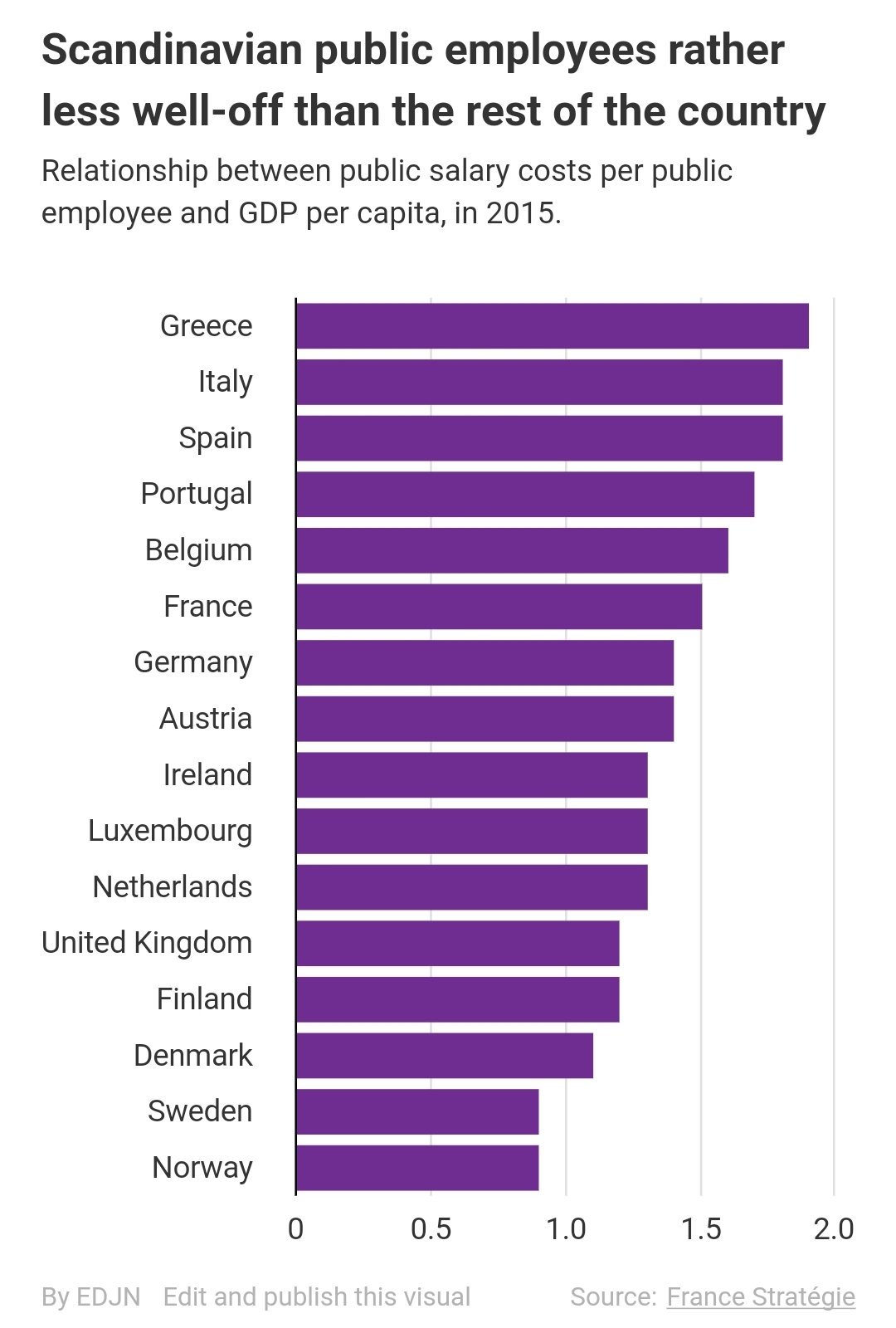Se fossem crianças, no Portugal do início dos anos 70 do século passado, depois do almoço estariam em frente à televisão para ver as Corridas Loucas ou o Stop the Pigeon.
Nas Corridas Loucas, Dick Dastardly dava cabo da minha paciência por estar mais preocupado em dar cabo da concorrência do que em ganhar a corrida. Basta pesquisar
Dastardly neste blogue para ver como uso a personagem na minha relação com as empresas.
Gosto de usar a metáfora de David e Golias na minha relação com as empresas, mas procuro sublinhar que a
metáfora não é sobre o combate em si, o mundo dos negócios não é uma guerra para aniquilar os concorrentes, é um esforço para seduzir e servir clientes. Já agora, gosto de usar a metáfora de David e Golias por causa do "twist" na estória, tal como nesta outra
estória, para transmitir a mensagem de que há uma alternativa ao pensamento dominante à espera de ser encontrada ou melhor, construída.
Por isso, recomendo muitas vezes o "
Live and let live", uma deturpação do título de um antigo filme de cowboys. Outra metáfora que gosto de usar é a da relação entre
economia e biologia:
A continuação da leitura de "When More Is Not Better" de Roger Martin prossegue:
"Executives dream of becoming the next John D. Rockefeller, who built a monopoly in the oil-refining business in the late nineteenth century. Eliminating the competition feels like a natural goal; it means you’ve won. ... Managers feel more secure when their customers have no alternative to the product or service they produce. Given that American monopolists from Rockefeller to Bill Gates to Mark Zuckerberg have become among the richest men in history, the appeal of establishing a monopoly is understandable. But it has a downside. Monopolies don’t last in the natural world, and they don’t last in business either.
.
Monopolies don’t last in nature because they don’t adapt, [Moi ici: Claro que monopólios protegidos, pelo estado, têm a possibilidade de serem eternos] and the fundamental rule of nature, as posited by Charles Darwin, is survival of the fittest—by which he meant those most able to adapt to the environment and its changes. And what drives adaptation in business? It is learning from one’s customers how to provide better value for them. Customers, not those who serve them, define value. Providers can only hypothesize about what constitutes customer value. Providers learn based on customer feedback, and therefore customer feedback is the linchpin of positive adaptation. It is very difficult to become a better provider of a given product or service in the absence of real customer feedback.
.
It is not the mere existence of customer feedback that produces positive adaptation. Listening to customer feedback and taking action on it are both necessary preconditions for positive adaptation. But change is never easy. It is tiring and expensive. As a consequence, most companies, most of the “time, will listen to customers only when they must, and they have to only when the customer can credibly threaten to become an ex-customer if the provider doesn’t listen and change.
.
Therein lies the fundamental sustainability problem for monopolists. They don’t have to listen to their customers. ... In the end, monopolists exist to serve themselves, not to serve their customers. They don’t get the training that customers normally provide, because the monopolist doesn’t have to train.
.
As a consequence, monopolies stultify over time. They may have virtually unlimited resources, but they don’t have the motivation to deploy them productively. When the environment in which they operate necessitates major adaptation, they are unable to adjust, because they are out of practice."


























